Subversive Scribes and the Solomonic Narrative: A Rereading of 1 Kings 1-11
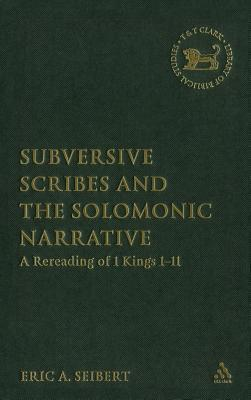
Summary
Subversive Scribes and the Solomonic Narrative considers 1 Kgs
1-11 through the optics of propaganda and subversion with primary attention
given to subversive readings of portions of the Solomonic narrative. Seibert
explores the social context in which scribal subversion was not only possible
but perhaps even necessary and examines texts that covertly undermine the
legitimacy or the legacy of Solomon.
The book is divided into two parts. In the first, Seibert develops
definitions of propaganda and subversion and notes other studies which have
understood certain biblical texts to function in these ways. Primary
consideration is given to developing a theory of subversive scribal activity in
this section of the book. An important distinction is made between "submissive
scribes," individuals who wrote what they were told, and "subversive scribes,"
individuals who did otherwise. Since many scribes were writing for the very
people who paid them, those wanting to engage in subversive literary activity
had to do so carefully, and to a certain extent covertly, lest they be detected
and exposed. Yet their critique could not be so obscure that none could detect
it. There needed to be enough clues to allow like-minded scribes to read the
text and appreciate the critique, but not so many that opponents could charge
such scribes with sedition.
In the second part of the book, Seibert applies this theory of scribal
subversion to various passages in 1 Kgs 1-11. An extended discussion is given
to 1 Kgs 1-2 with the remainder of the Solomonic narrative being treated more
episodically. The focus is on passages which look suspiciously like the work of
a subversive scribe and/or which have subversive potential. It is argued that
scribes could-and sometimes did-intentionally encode a critique of the
king/kingship in the text and that one of the most effective ways they
accomplished this was by cloaking scribal subversion in the guise of propaganda.
Similar Books
-
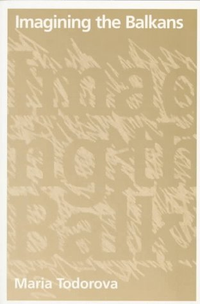 Imagining the Balkans
Imagining the Balkansby Maria N. Todorova
-
 Stendhal: The Red and the Black
Stendhal: The Red and the Blackby Stirling Haig
-
 Rituals of War: The Body and Violence in Mesopotamia
Rituals of War: The Body and Violence in Mesopotamiaby Zainab Bahrani
-
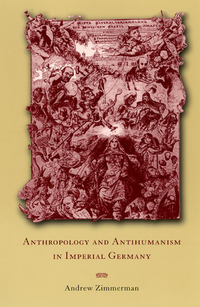 Anthropology and Antihumanism in Imperial Germany
Anthropology and Antihumanism in Imperial Germanyby Andrew Zimmerman
-
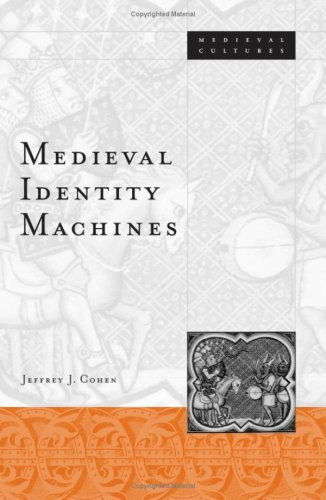 Medieval Identity Machines (Volume 35)
Medieval Identity Machines (Volume 35)by Jeffrey Jerome Cohen
-
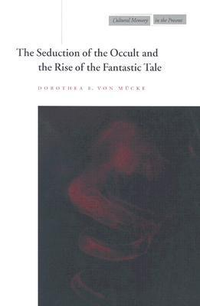 The Seduction of the Occult and the Rise of the Fantastic Tale
The Seduction of the Occult and the Rise of the Fantastic Taleby Dorothea E. Von Mucke
-
 Late-Medieval Prison Writing and the Politics of Autobiography
Late-Medieval Prison Writing and the Politics of Autobiographyby Joanna Summers
-

-
 The English Civil Wars in the Literary Imagination
The English Civil Wars in the Literary Imaginationby Claude Summers
-
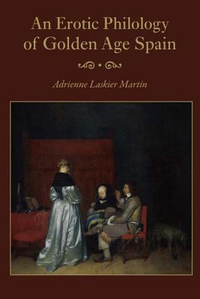 An Erotic Philology of Golden Age Spain
An Erotic Philology of Golden Age Spainby Adrienne Laskier Martin